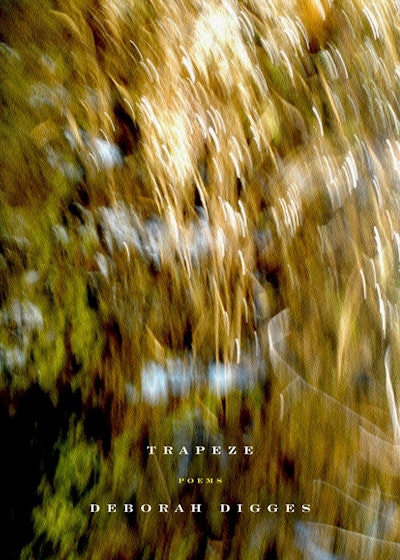[]
- Published: 15 April 2012
- ISBN: 9780375711701
- Imprint: Knopf US
- Format: Paperback
- Pages: 72
- RRP: $32.99
The Wind Blows Through the Doors of My Heart
Poems
Formats & editions
Buy from…
- Published: 15 April 2012
- ISBN: 9780375711701
- Imprint: Knopf US
- Format: Paperback
- Pages: 72
- RRP: $32.99
Praise for The Wind Blows Through the Doors of My Heart
"Haunting and penetrating...Full of memorable images and sly humor." --Library Journal "Usually the approach to devastation isn't casual, though the grace of these poems gives them an eerie lightness, as though they were born of a necessity in no hurry to claim our attention. Usually the language of grief asks of its readers a gentle collaboration, not the willfulness of tragedy, not a walk 'through the rooms of the dead' where the wind does not blow. These are love poems of such power and persuasion, Deborah Digges has found a way to bestow grief with a startling beauty. 'The Birthing' alone will make her name, her suffering, prevail. There is nothing like this book in our language." --Philip Schultz





